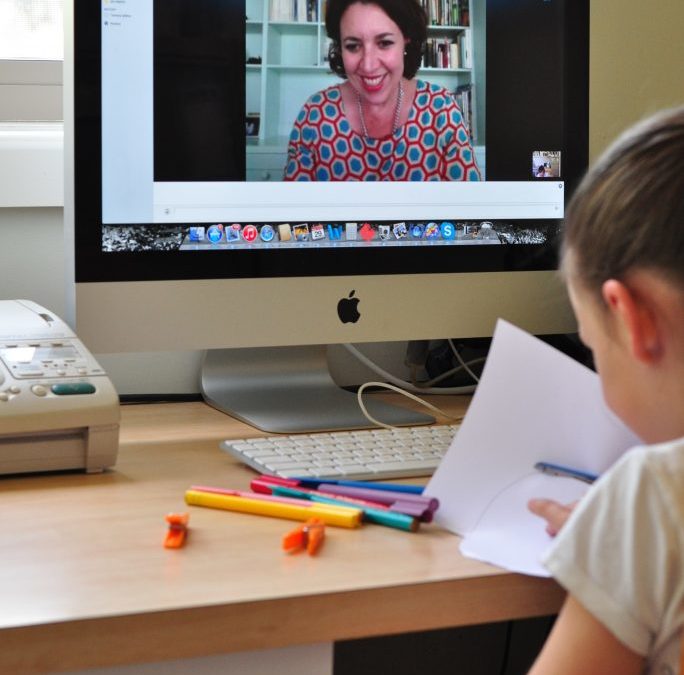As a speech pathologist at Therapy Connect, a key part of my role involves building trust and connection with clients all around Australia. An area of Speech Pathology that isn’t often discussed is our role in the assessment, treatment and management of dysphagia, or swallowing difficulties. In this blog, I’ll share some insights into how online therapy is an efficient approach to dysphagia management intervention and how we can support our clients to maintain safety at mealtimes and fulfilling lives.
What is Dysphagia?
Dysphagia is a medical term used to describe difficulty swallowing. It can occur at any stage of the swallowing process, from the mouth to the stomach. Dysphagia can result from a variety of conditions, including neurological disorders (like stroke or Parkinson’s disease), structural abnormalities (such as tumors or strictures in the esophagus), and muscle problems.
Symptoms of dysphagia may include:
- Pain while swallowing
- Inability to swallow
- The feeling of food being stuck in the throat or chest
- Coughing or choking when eating or drinking
- Frequent heartburn or regurgitation of food
Left untreated, Dysphagia can lead to complications, including malnutrition, dehydration, and aspiration pneumonia (where food or liquid enters the lungs).
How Speech Therapy can help Dysphagia
At Therapy Connect, our speech pathologists support individuals with swallowing and mealtime management challenges to promote safe chewing and swallowing practices. As we are an online therapy provider, we work with clients all over Australia. Often people living in rural or remote areas are disadvantaged when it comes to accessing high-quality allied health services, including speech pathology. With online therapy or telehealth, the geographical barriers are removed, allowing adults with dysphagia to connect with skilled Speech Pathologists regardless of their location.
Timely Intervention with Faster Access
Early diagnosis and intervention are key to managing dysphagia effectively and preventing complications such as malnutrition or aspiration pneumonia. With online therapy, people can access our Speech Pathologists quickly for assessments. They can assess swallowing difficulties, collaborate with our client’s healthcare team, and initiate therapy without delay. There is no waiting for in-person appointments, with Therapy Connect, we can set you up and appointment within days.
Personalised Therapy for Better Outcomes
The most effective dysphagia needs to be tailored to the specific needs and goals of the client. Therapy Connect Speech Pathologists can conduct comprehensive assessments using video consultations. These assessments include evaluating:
- oral motor function
- the coordination of swallowing muscles
- observations of mealtimes
Based on the assessment findings, our senior Speech Pathologists will develop personalised mealtime management plans that could include dietary modifications, assistive technology such as weighted spoons or non-slip placemats, and strategies to improve swallowing safety during meals.
Education and Training
Another significant aspect of telehealth in dysphagia therapy is the opportunity for education and training. Our Speech Pathologists educate clients, and their circle of care (family, caregivers or support workers) about dysphagia management strategies. These strategies include:
- proper swallowing techniques
- positioning during meal
- strategies to mitigate the risk of aspiration
Caregivers play a vital role in supporting people with dysphagia, and through online therapy, we can more easily reach the people around our clients to coach them through supporting their loved ones.
Monitoring Progress and Outcomes
Online therapy enables Speech Pathologists to monitor our client’s progress effectively. We do this through regular video consultations where we can observe swallowing functions in real-time, assess adherence to therapy exercises, and gather feedback on their swallowing experiences.
We also monitor the progress of dietary changes or improvements in swallowing efficiency to help us to make informed decisions about adjusting therapy plans and providing additional support as necessary.
Get Started Today
Need support from a Speech Pathologist or want to find out more? Get started with Therapy Connect today.




